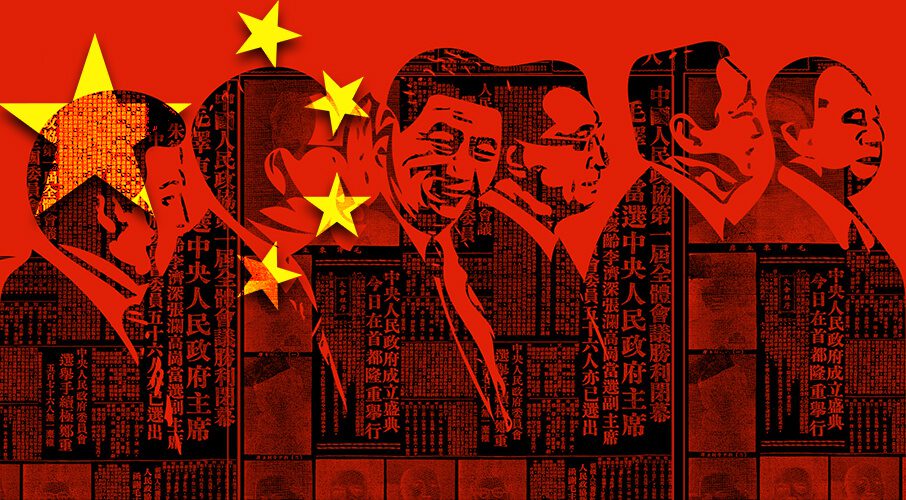 It was once thought economic reform would bring liberalization and some democratic attributes. But Xi Jinping has doubled down on repression and state control, writes Margaret McCuaig-Johnston. Below is an excerpt from the article, which can be read in full here.
It was once thought economic reform would bring liberalization and some democratic attributes. But Xi Jinping has doubled down on repression and state control, writes Margaret McCuaig-Johnston. Below is an excerpt from the article, which can be read in full here.
By Margaret McCuaig-Johnston, January 18, 2021
China’s regime is often called authoritarian. It certainly has been that under Xi Jinping. But its recent programs of surveillance and repression show the characteristics of a totalitarian state, with technologies of which Hitler and Mussolini could only dream.
This is shocking given the expectation that decades of economic reform would bring liberalization and some democratic attributes. But Xi has turned his ship of state around. In the Economist’s 2019 Democracy Index, China’s regression resulted in a fall of 23 places in the ranking in one year. It is now near the bottom, below Iran, at 153 out of 167 countries.
An attribute of totalitarian states is a single party, intolerant of differing opinions and controlling citizens’ lives. The Chinese Communist Party is exactly that, injecting itself into the justice system whenever it wishes. Its Social Credit System monitors all WeChat and Weibo exchanges through algorithms that identify those discussing June 4 or May 35, which mean the Tiananmen massacre, or referring to Winnie the Pooh, whose walk is similar to Xi’s. Not taking out the garbage, paying your loans late, getting traffic violations and not adhering to birth control regulations will also give you a bad social credit score. Chinese can lose their jobs or the right to send their child to a good school. Tens of millions have not been permitted to fly or take trains due to their low scores. Citizens understandably fear the blacklists and are self-censoring, which is what the regime wants.
A Corporate Social Credit System now applies to domestic and foreign companies and organizations operating in China. If they do not comply fully with every regulation or if they speak out against government policies, the company will not have access to grants, procurement contracts, land or lower taxes. If their employees or suppliers have poor scores, the company is punished. Both credit systems will be tightened over time, and party committees in each company ensure that corporate decisions advance the party’s interests.
***TO READ THE FULL ARTICLE, VISIT THE OTTAWA CITIZEN HERE***




